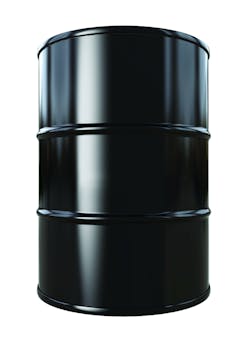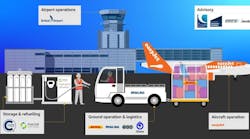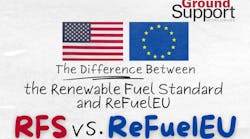Old story, I know. Back on April 30, Delta Air Lines announced that a subsidiary, Monroe Energy LLC, would buy a Pennsylvania oil refinery for $150 million. After investing another $100 million to squeeze every last drop of jet fuel from production, Delta says the refinery will help reduce its fuel expense by $300 million annually.
As Delta’s CEO put it: “What we’re tackling here today is the jet crack spread, which you cannot hedge in the market place effectively. It’s the fastest single growing cost at Delta.”
There’s more to “jet crack spread,” but I think it’s safe to consider them akin to profit margins. I didn’t pay much attention to an oil refinery for sale until rumors of Delta’s kicking the tires put it on my radar screen.
It’s a puzzling purchase for sure, and in cases like this, it’s best to start with what you know. First consider the obvious: The place was for sale.
ConocoPhillips wanted out for the simple reason that it couldn’t make money. And it couldn’t make money operating it because rising imported crude oil costs, a collapse in demand and tough competition from foreign refiners crushed margins.
It should then be a buyer’s market for customers of jet fuel. But it isn’t.
Consider another obvious: Delta doesn’t want to pay a middle man for its fuel. I covered distribution for five years and know how important the middle man is. Commerce needs a guy in the middle - a distributor by any other name who buys a thousand – or in this case refines barrels of crude – stores product and sells one or two to a customer right when the customer needs it. That's a huge undertaking.
Virginia Postrel explained some of this and more in an interesting column for Bloomberg a couple of weeks before the deal was announced.
“Delta simply seems to be falling for the great fallacy of vertical integration: the belief that the inputs you get from an in-house supplier are cheaper than those you buy in the open market,” she writes. “There’s no markup. You’ve cut out the middle man! But this story misses the real cost of those inputs.”
More on her thoughts here.






